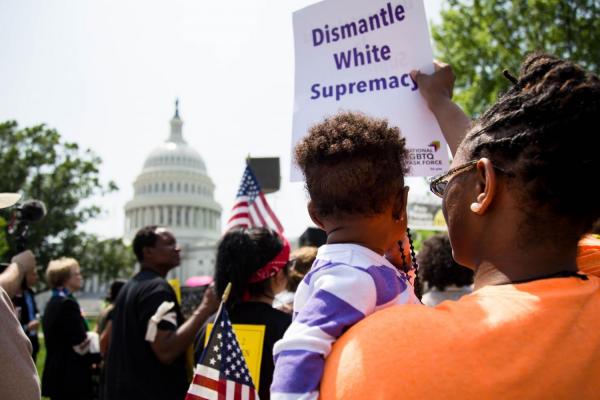Jun 23, 2020
We have said from the very beginning of our work together that our goal is to shift the moral narrative in this country. And we know that means changing who holds power.
Read the Full Article

Already a subscriber? Login
